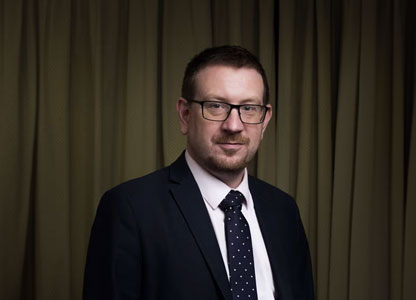Anti-vape researchers have been accused of double standards in a row over declaring conflicts of interest in scientific journal The Lancet.
The controversy was sparked by an article written by global health advocate Derek Yak titled ‘WHO should embrace tobacco harm reduction to save lives.’
In the opinion piece, Mr Yach – a former Executive Director at the World Health Organisation (WHO) – argued that the institution should embrace tobacco harm reduction tools such as vaping to prevent deaths from smoking.
He wrote that the WHO’s Framework Convention on Tobacco Control (FCTC) had failed to adapt to “scientific and technological advances that can help smokers to quit.
Transparency accusation
The article, published in April, attracted criticism from Tess Legg and Anna Gilmore, part of the Tobacco Control Research Group at the University of Bath. They accuse Mr Yach of a lack of transparency over his role as founder of the Foundation for a Smoke-Free World (FSFW).
In their article, ‘Tobacco industry conflicts of interest cannot go undeclared in scientific publishing,’ they say he fails to mention FSFW’s funding links.
They write: “[He] does not mention that the FSFW was established and fully funded by tobacco corporation Philip Morris International and has operated to promote its interests, including by misrepresenting evidence on its products and advocating for industry involvement in science and policy making.”
They say that in failing to declare this, Yach failed to comply with the Lancet rules on conflicts of interest.
A hard-hitting response
However, in a hard-hitting response published in the Lancet on Saturday, Yach answers Legg and Gilmore’s concerns and reveals a lack of transparency in their own approach.
He says: “The declaration of interests were described in line with journal guidelines.
“The framing of the Foundation for a Smoke-Free World as promoting tobacco industry interests and misrepresenting science continues to incorrectly characterise the funding relationship.
“I have previously described measures implemented to ensure independence. Furthermore, in 2023, the Foundation for a Smoke-Free World stepped away from tobacco industry funding, has since relaunched as Global Action to End Smoking, and now has long-term anti-smoking campaigner Clifford Douglas at the helm.”
University of Bath funded by anti-vape philanthropist
He adds that Legg and Gilmore’s employer the University of Bath is in fact a recipient of funding from anti-vaping giant Bloomberg Philanthropies.
Yach says: “In terms of influence, Legg and Gilmore’s employer, the University of Bath, was the lead recipient of funds from Bloomberg Philanthropies’ Stopping Tobacco Organisations and Products campaign, which supports tobacco control programmes that include tough anti-vaping policies.
“This background information might have led the authors to miss the intended substantive message of my original Correspondence: current tobacco control policies are failing to meet the needs of adult smokers who have been unable to quit smoking and well regulated harm reduction is the fastest way to improve their survival and quality of life.”
Yach also disputes Legg and Gilmore’s criticism that he “cites a flawed FSFW-funded report” to claim that tobacco companies are moving away from combustible cigarettes.
He says: “..Legg and Gilmore dispute that tobacco companies are moving away from combustible cigarettes by citing critiques of the Tobacco Transformation Index’s 2020 report and claiming that the industry believes it has already transformed.
“Yet, the 2022 report highlights that although some changes have been seen in the industry, they are inconsistent and slow. Therefore, the notion of moving away from combustible cigarettes seems accurate as an indicator of an ongoing process, albeit one with much yet to be done.
“Furthermore, leading tobacco multinational companies, such as Altria, indicate falling cigarette sales and rising e-cigarette sales in early 2024.”



